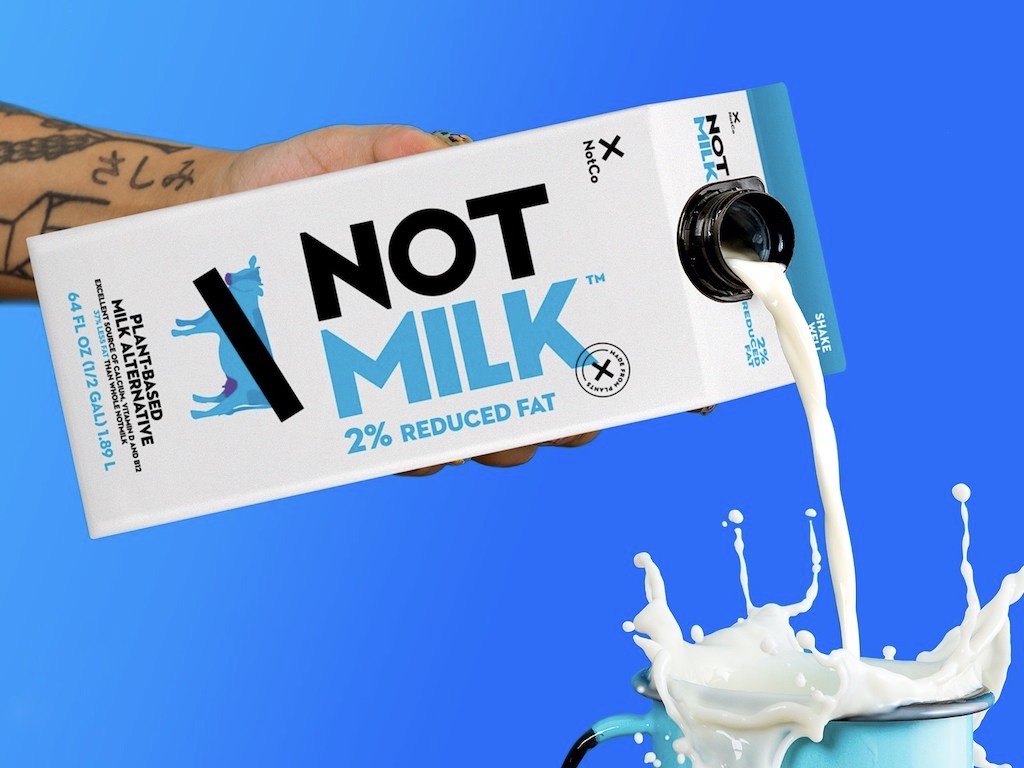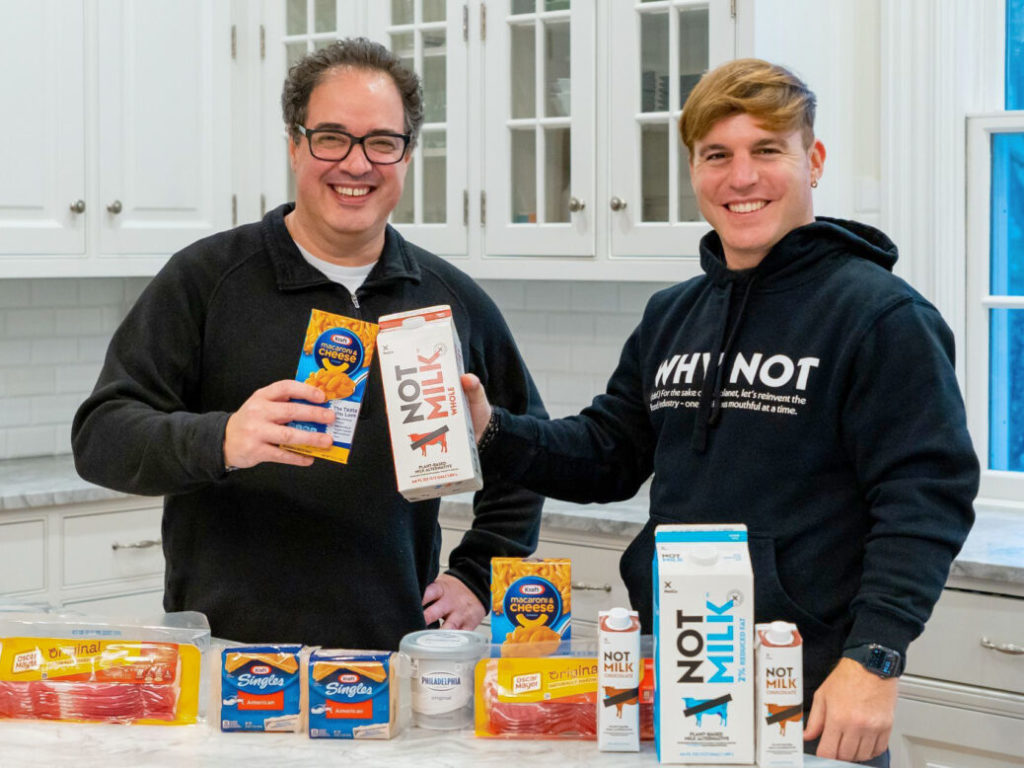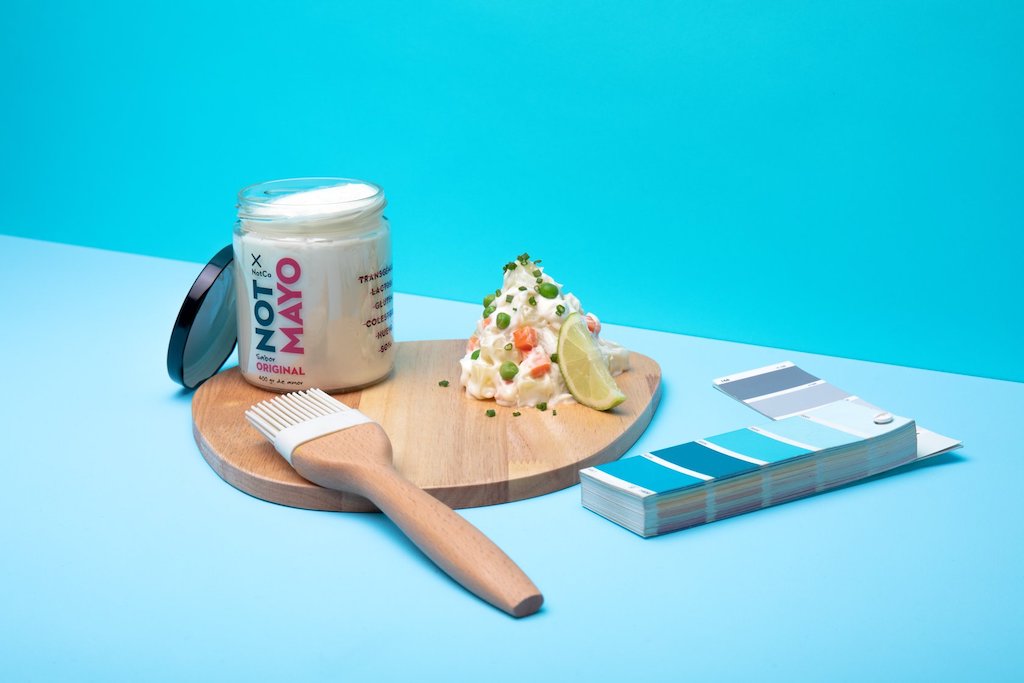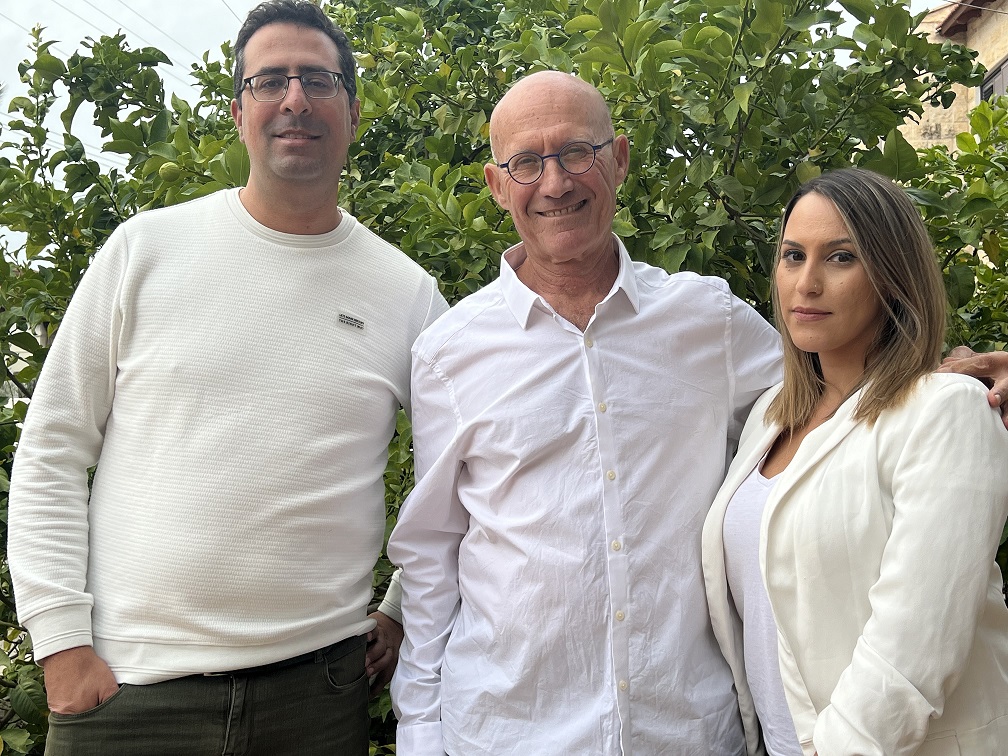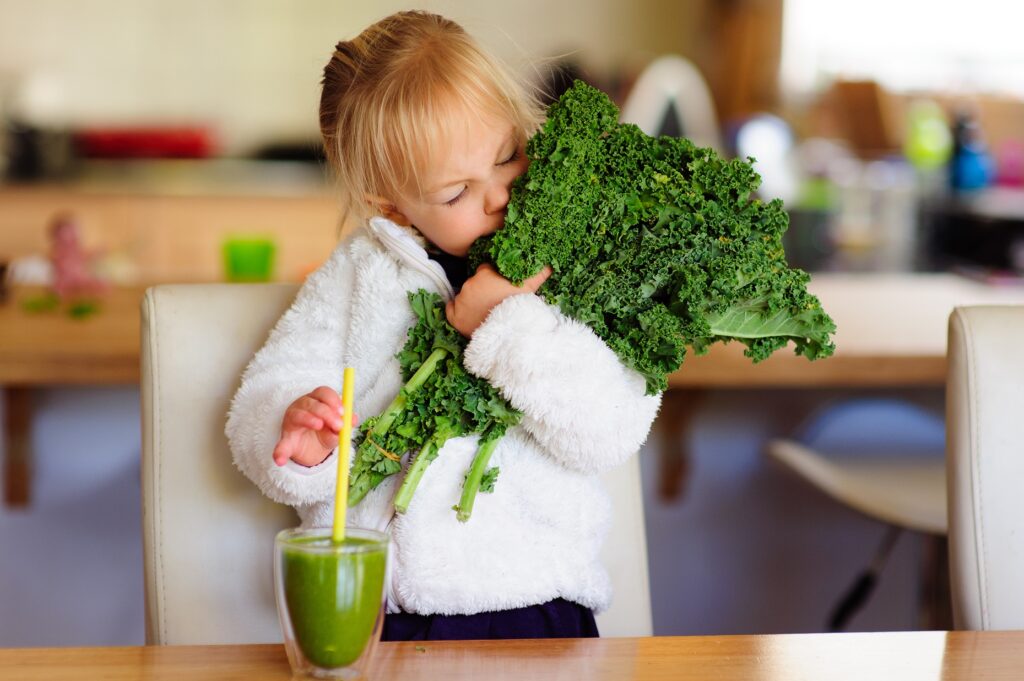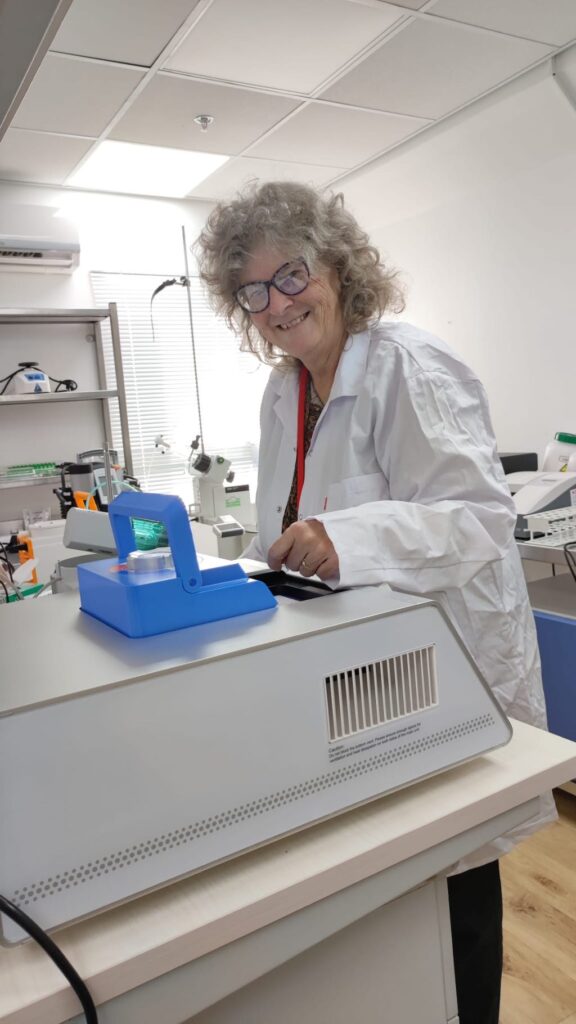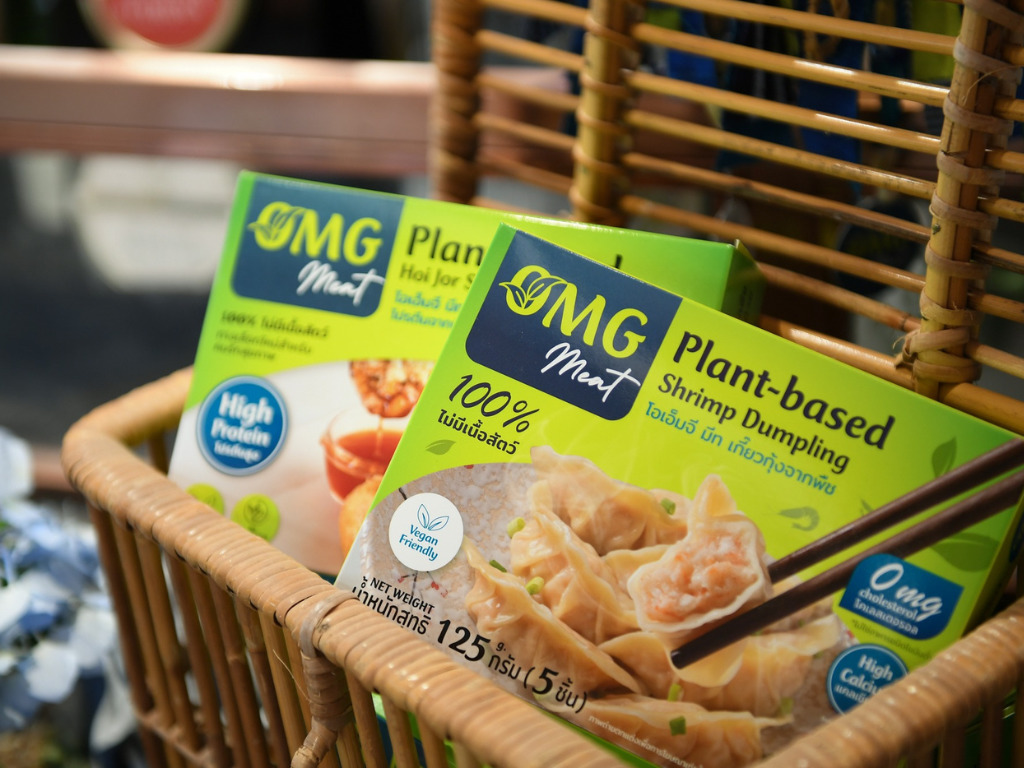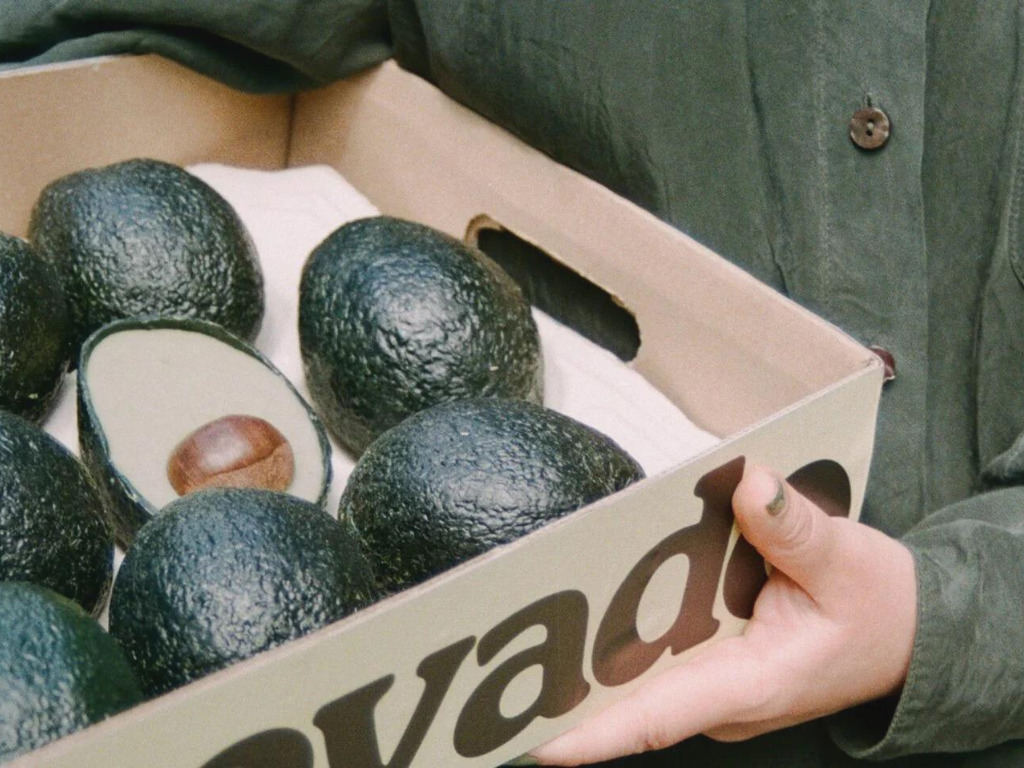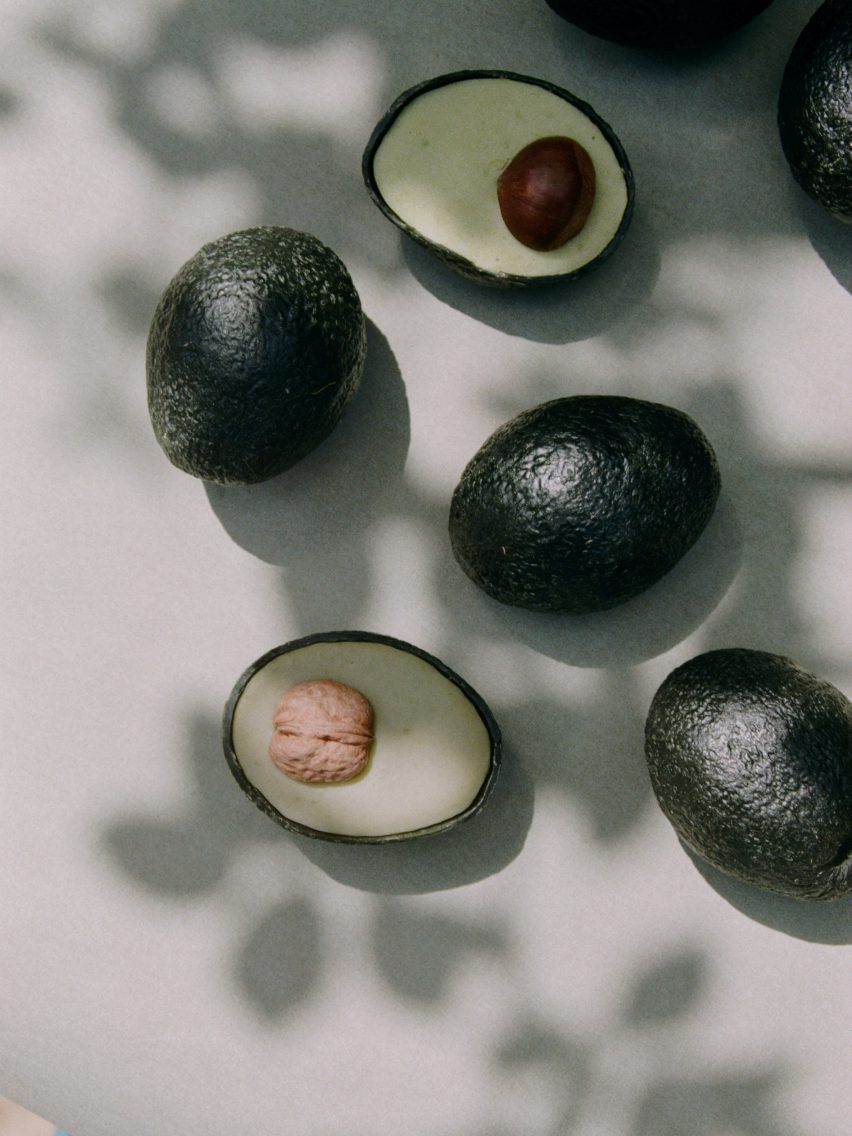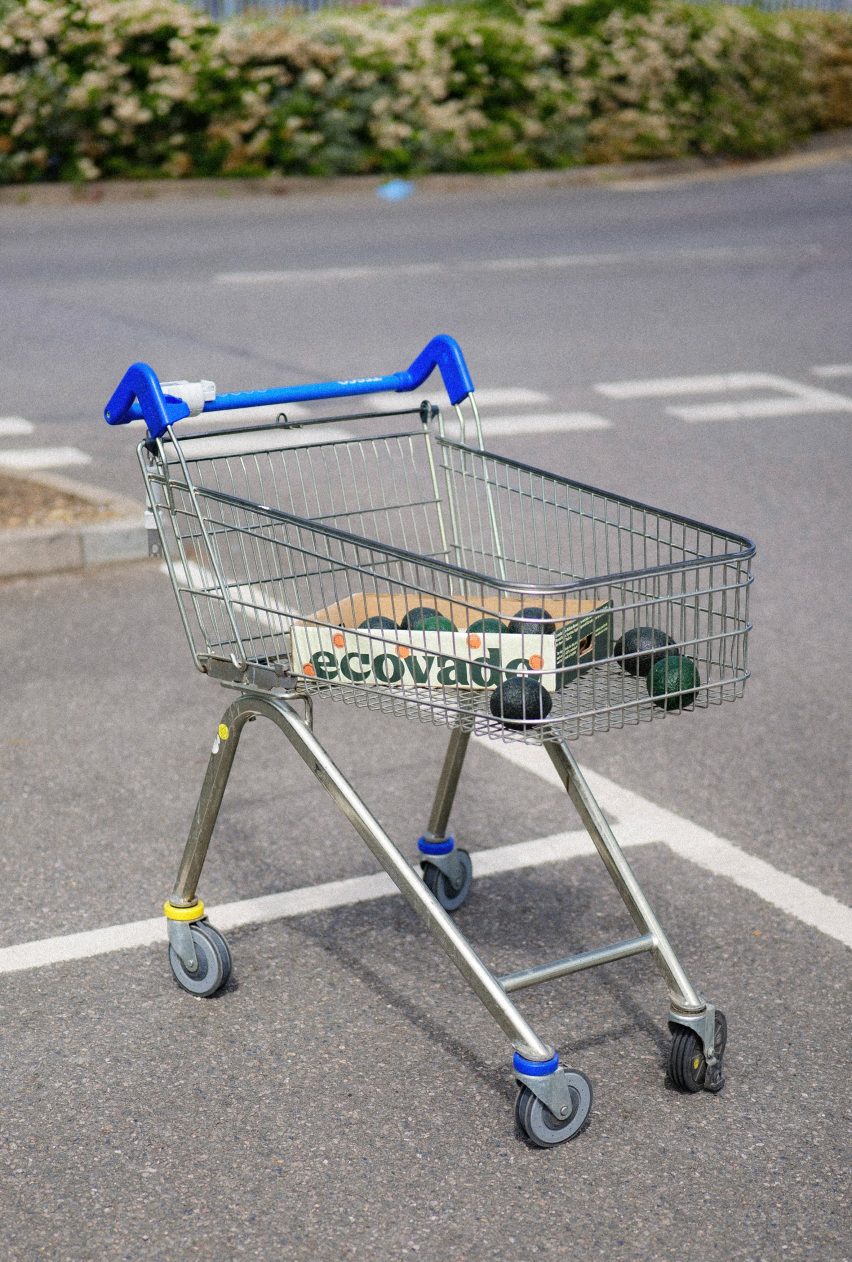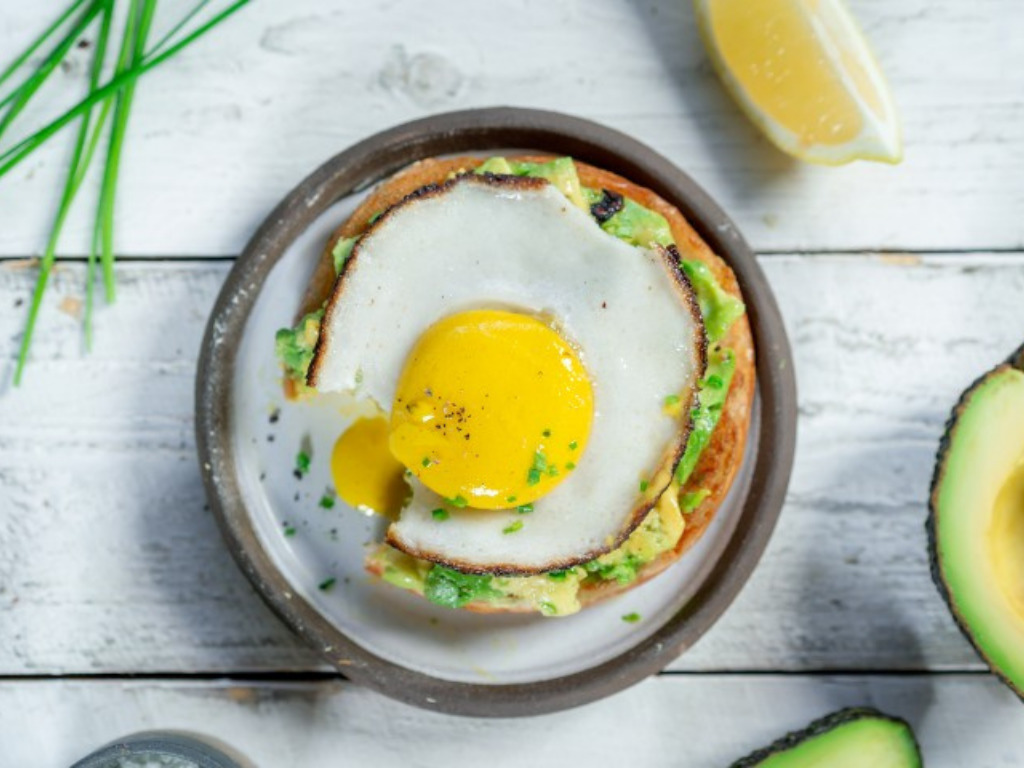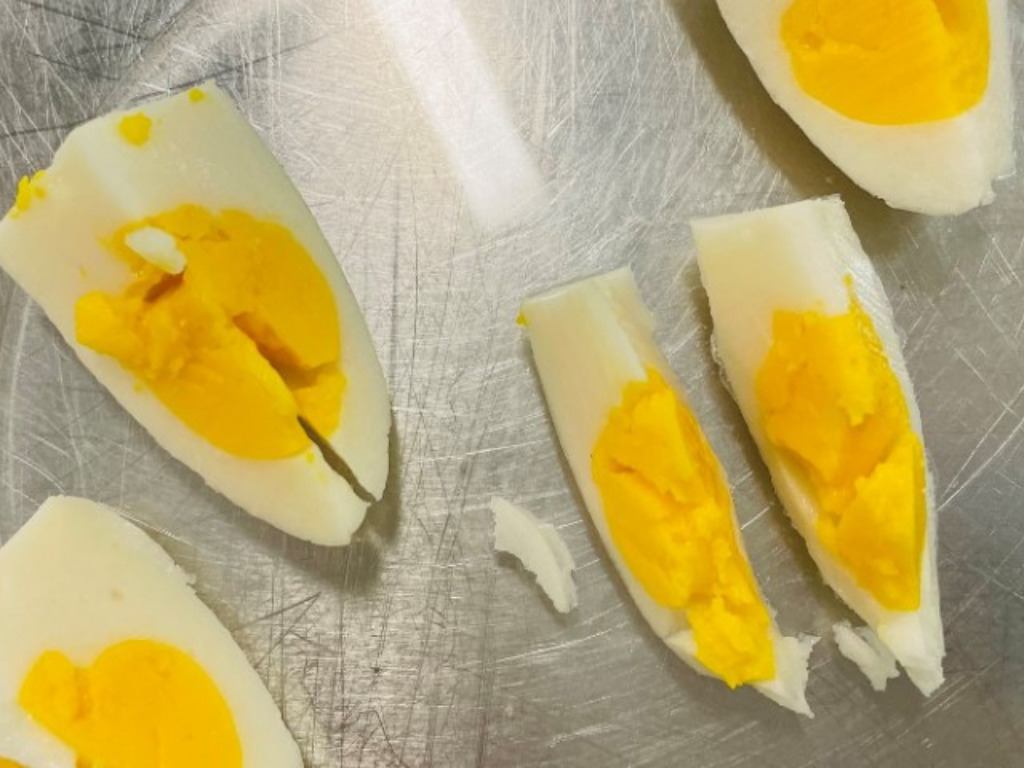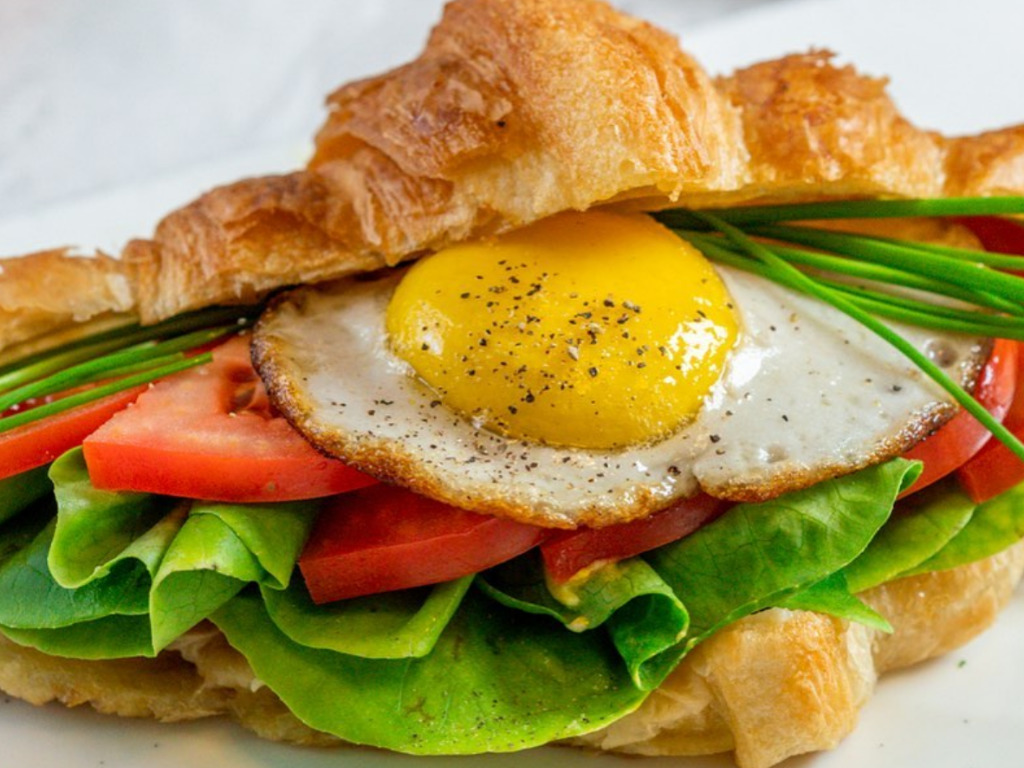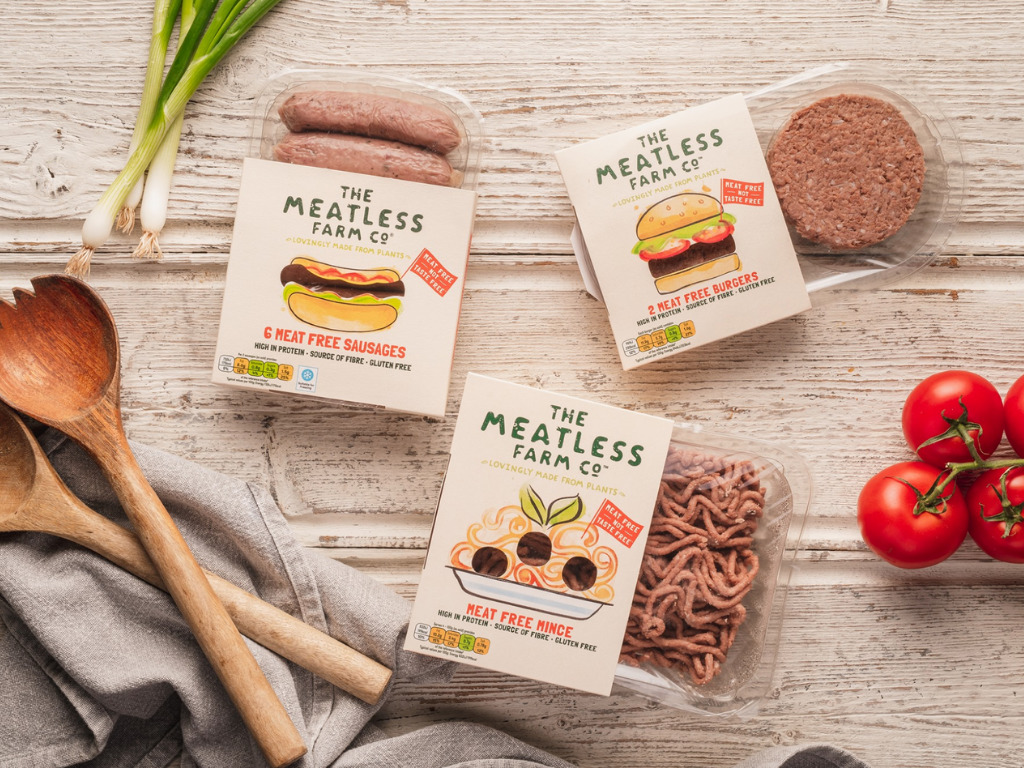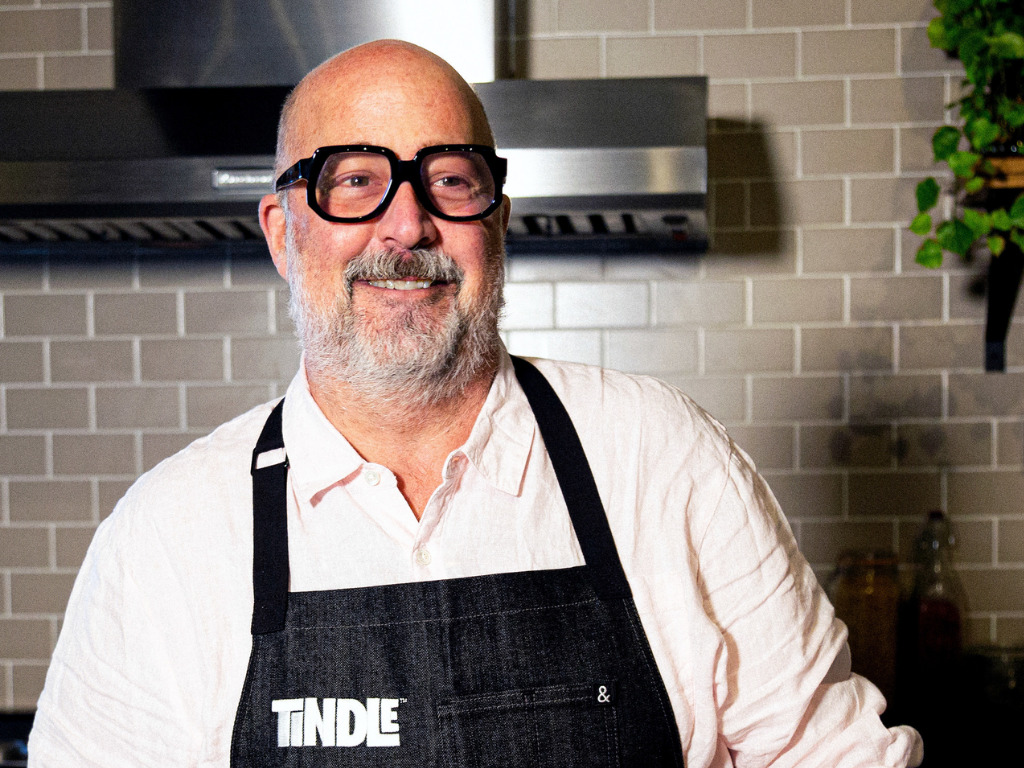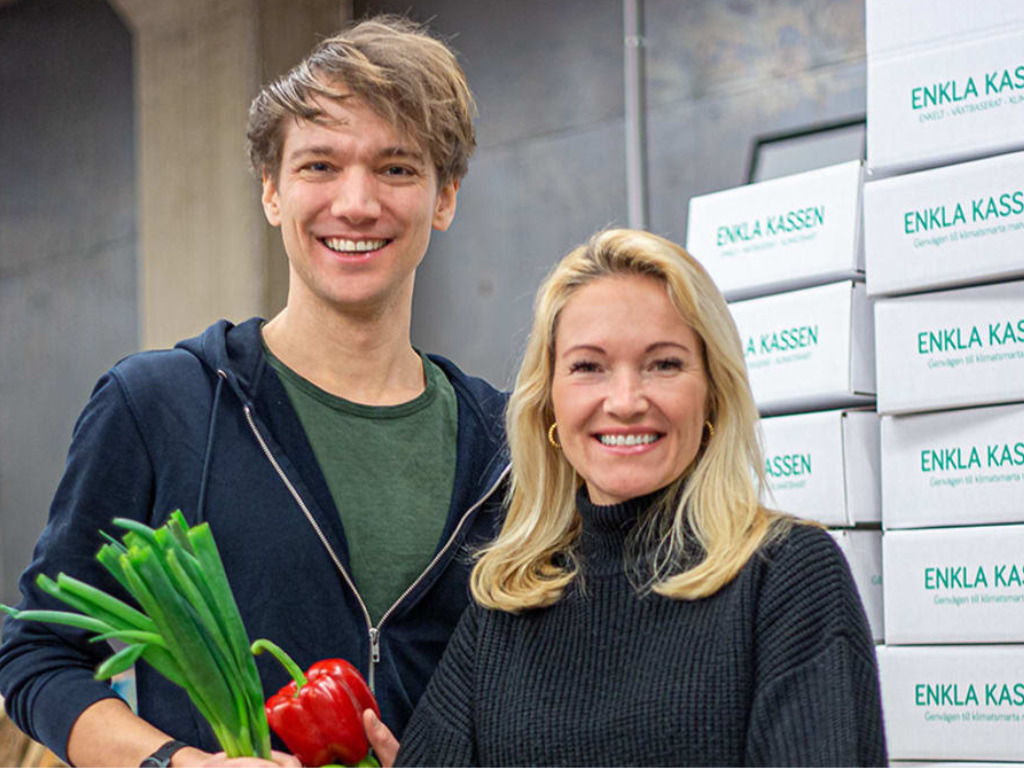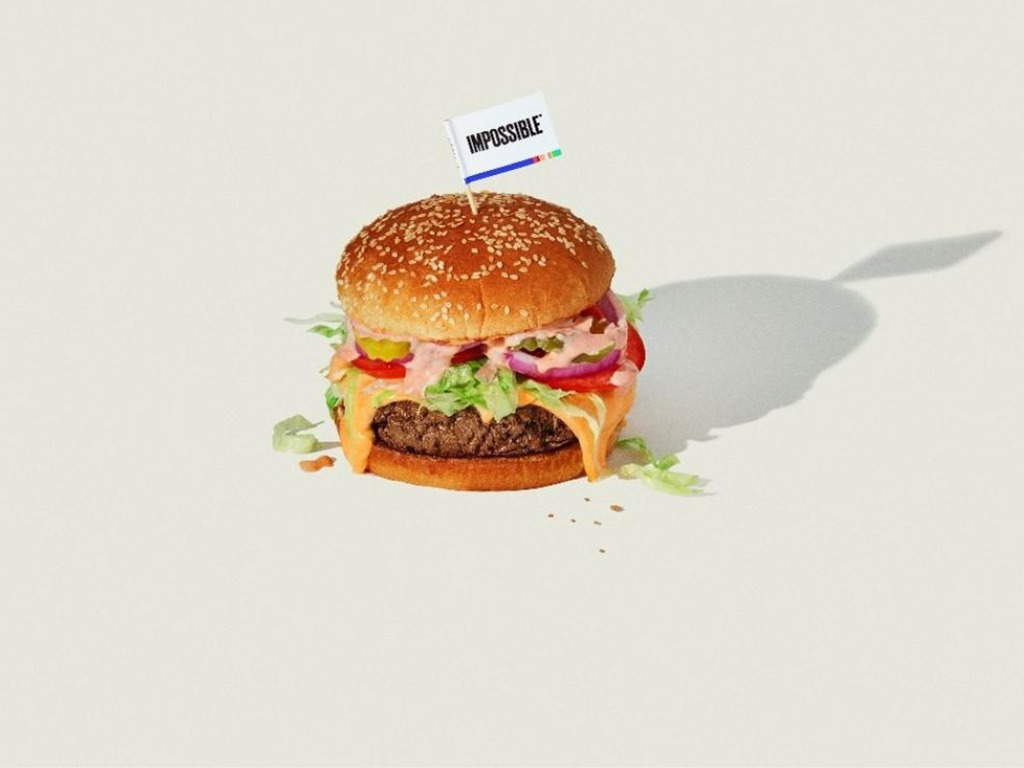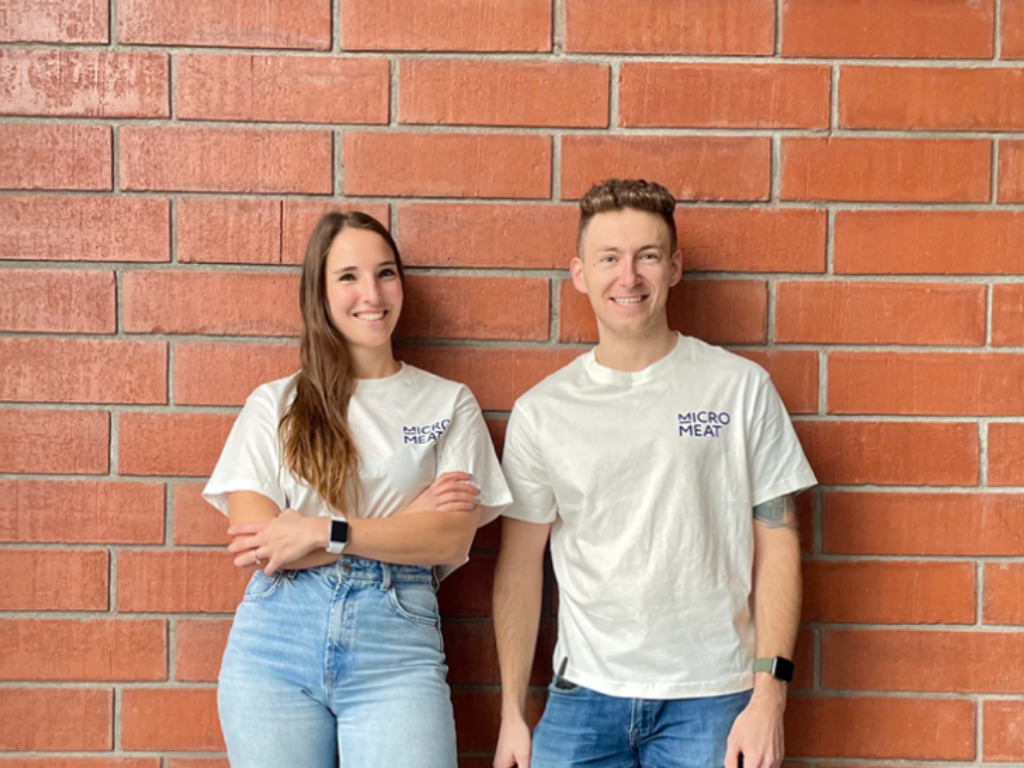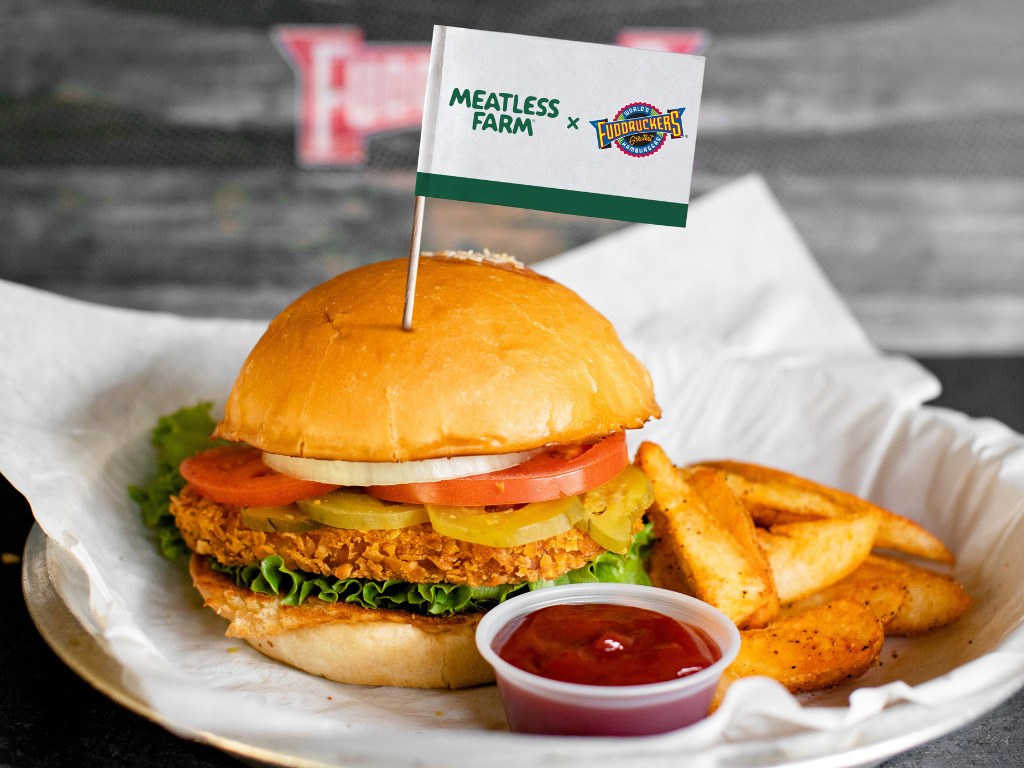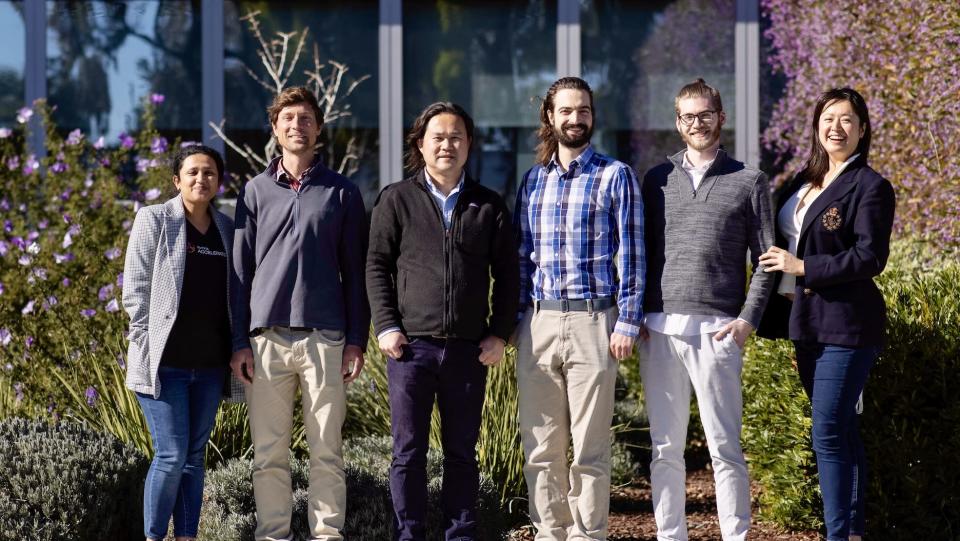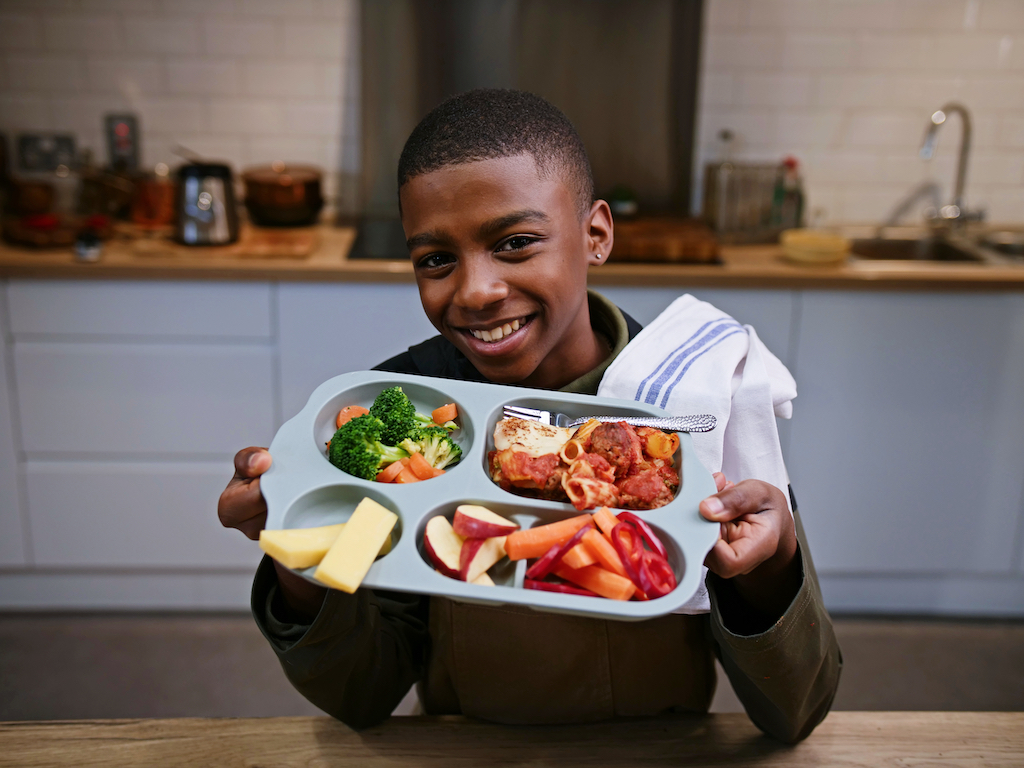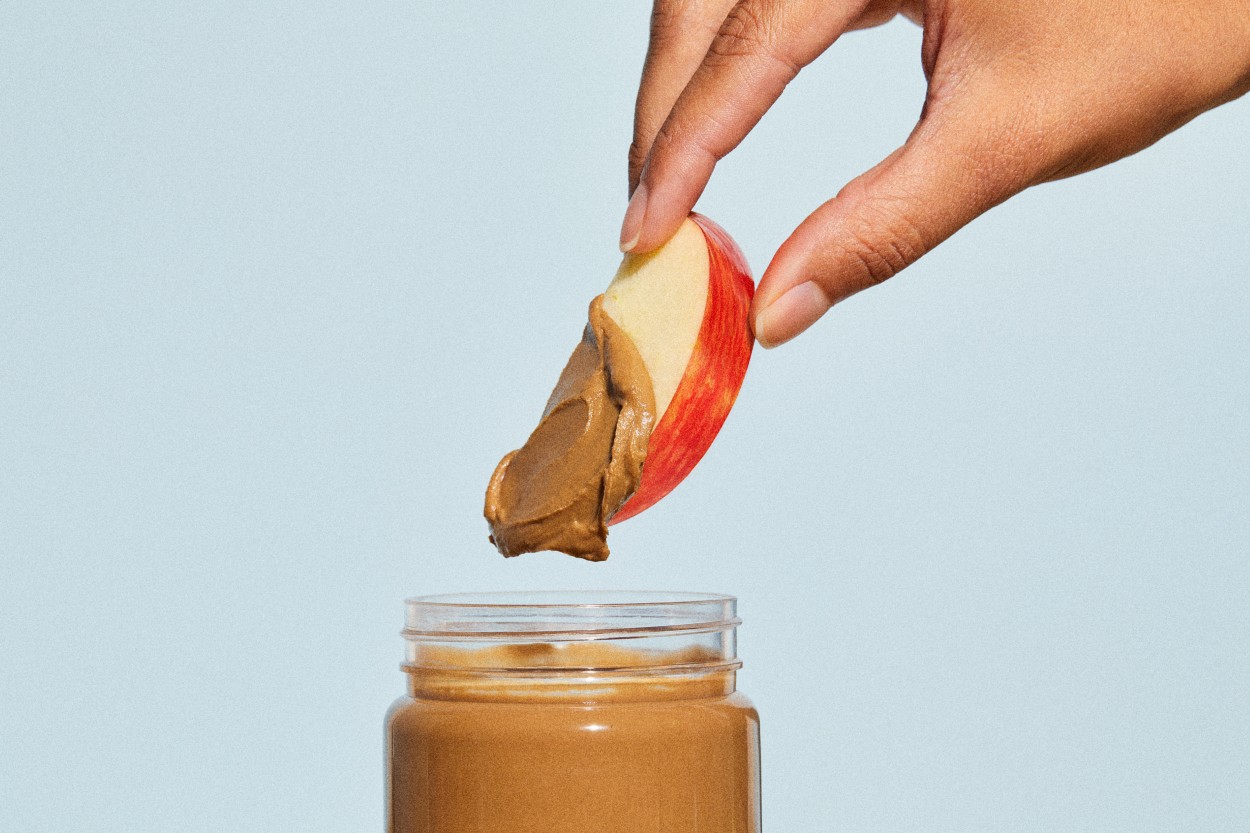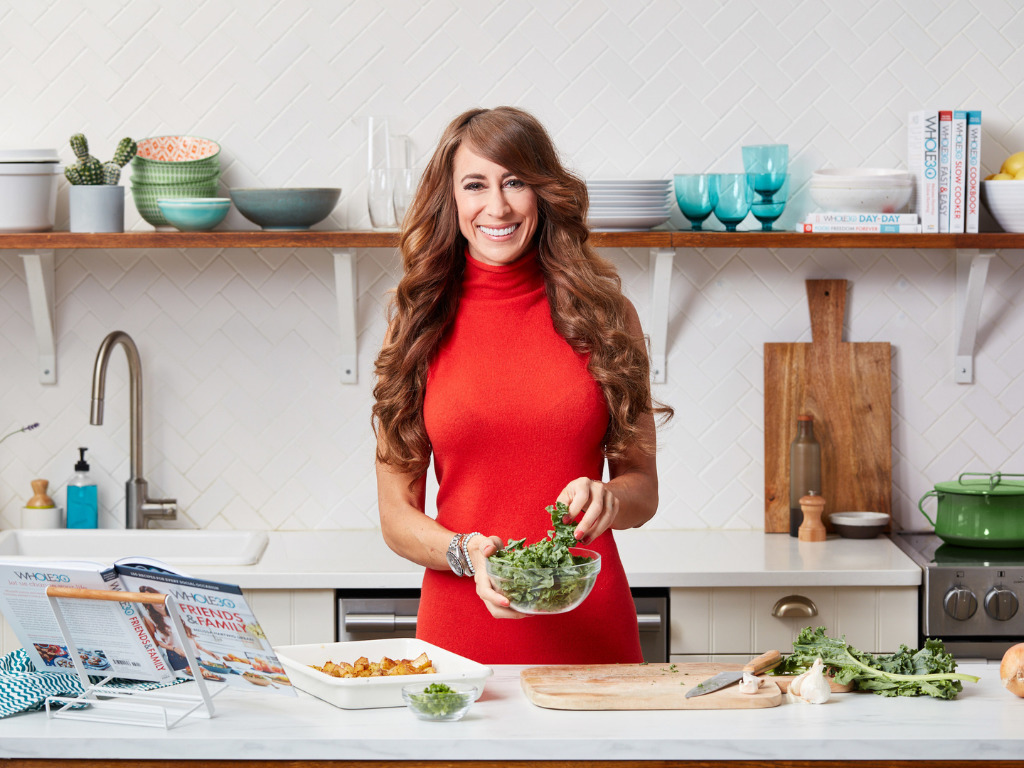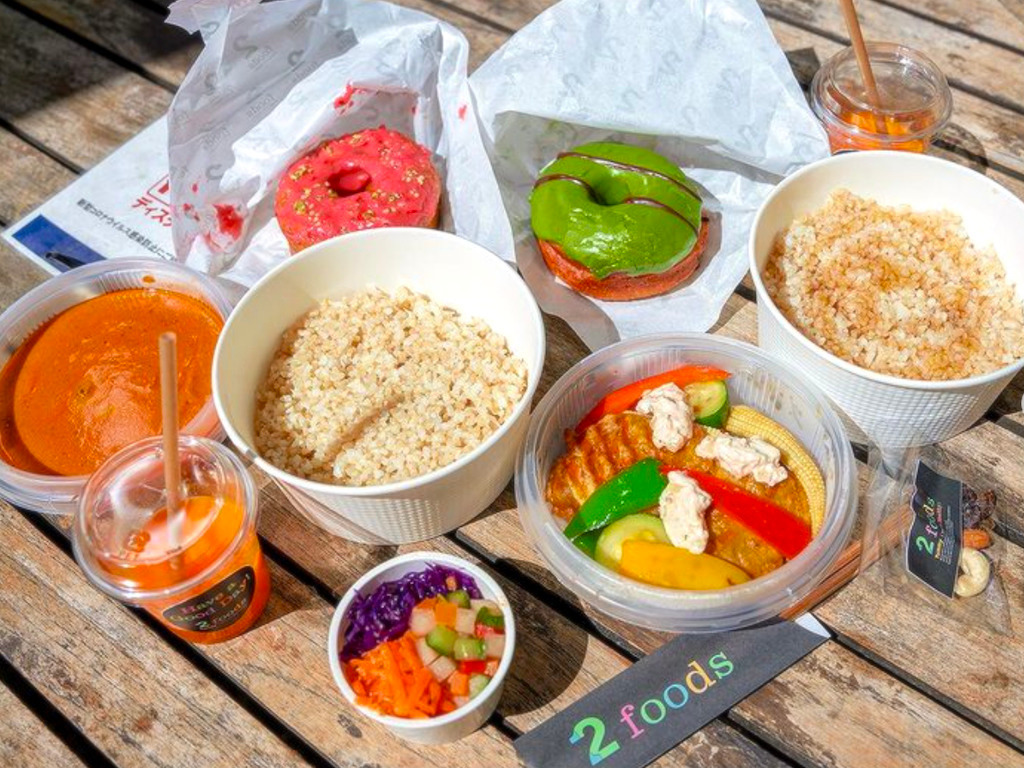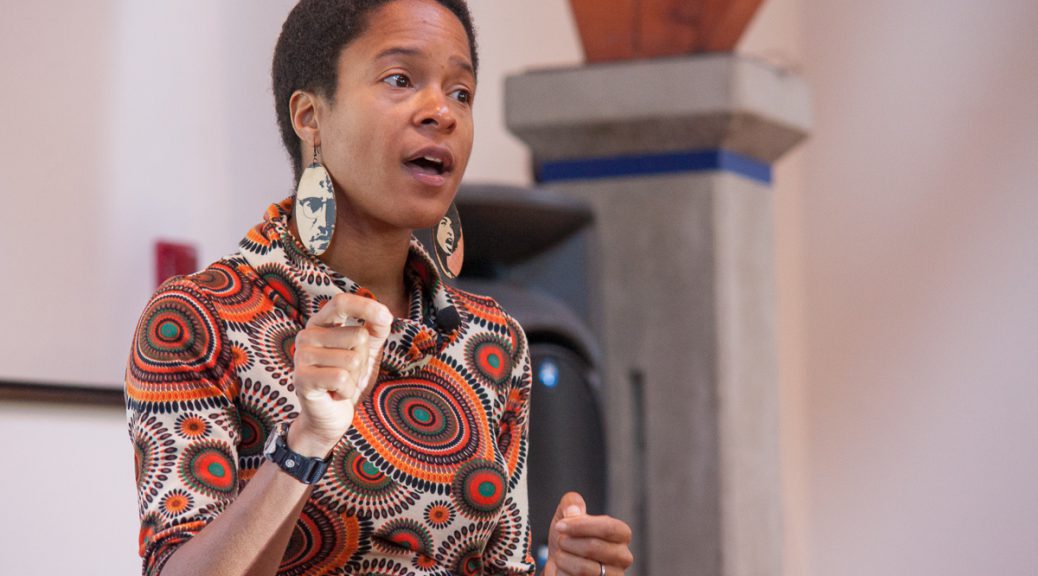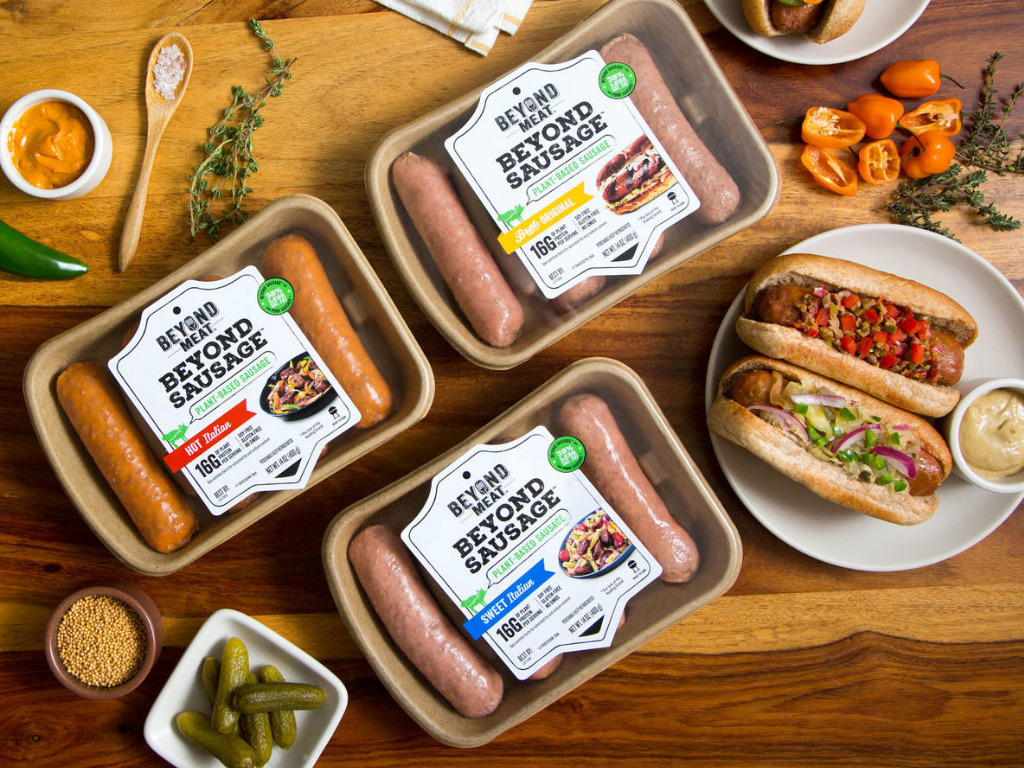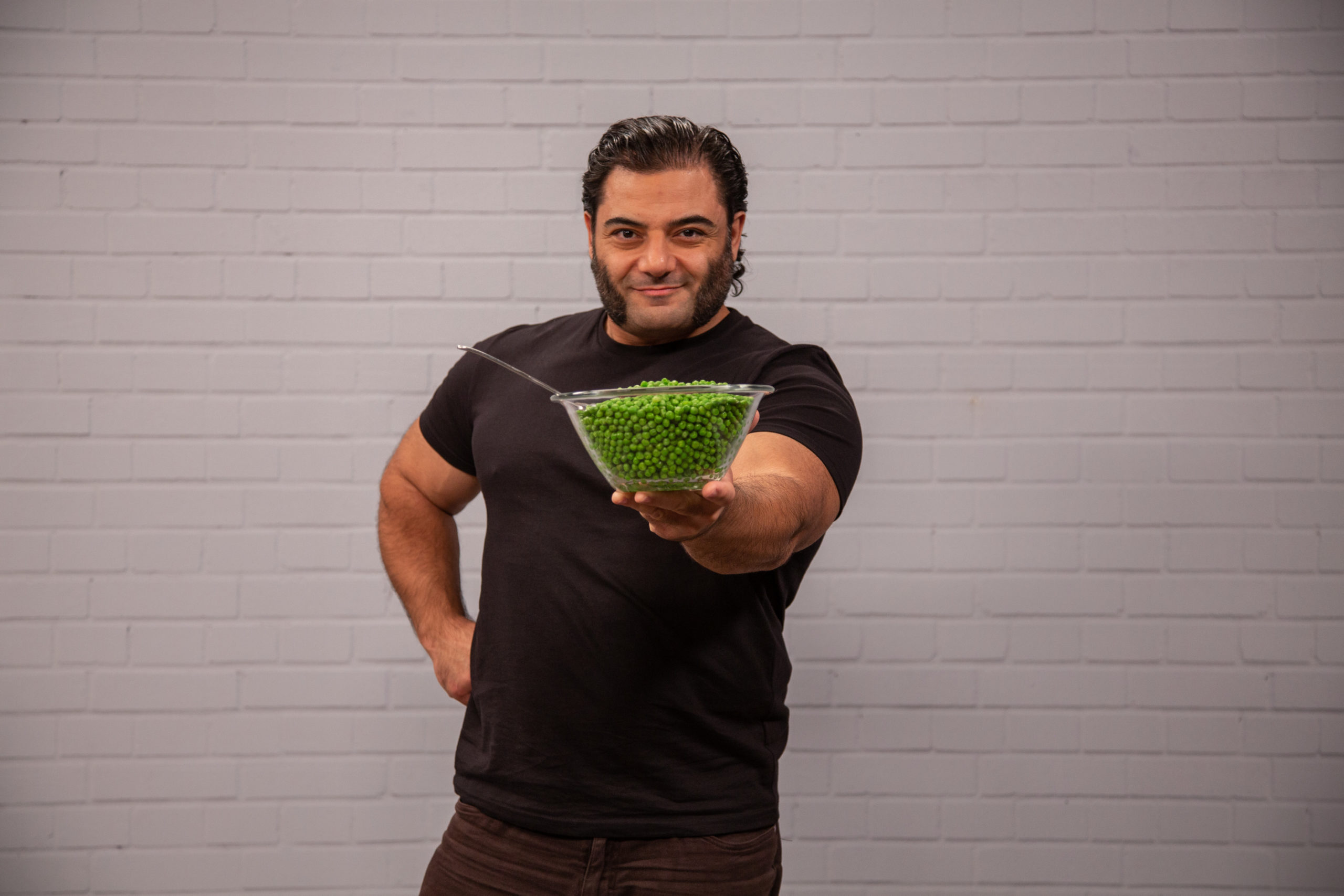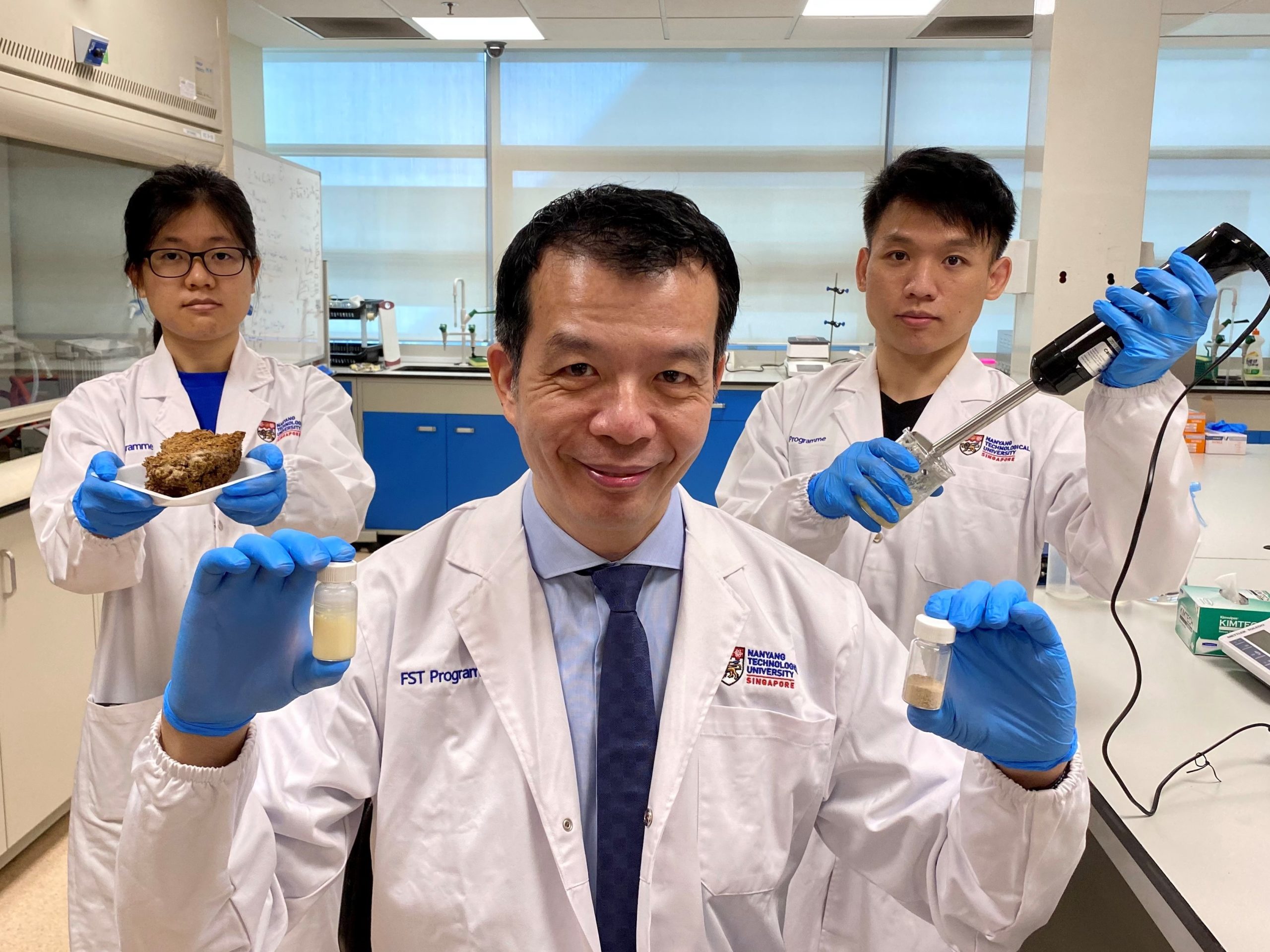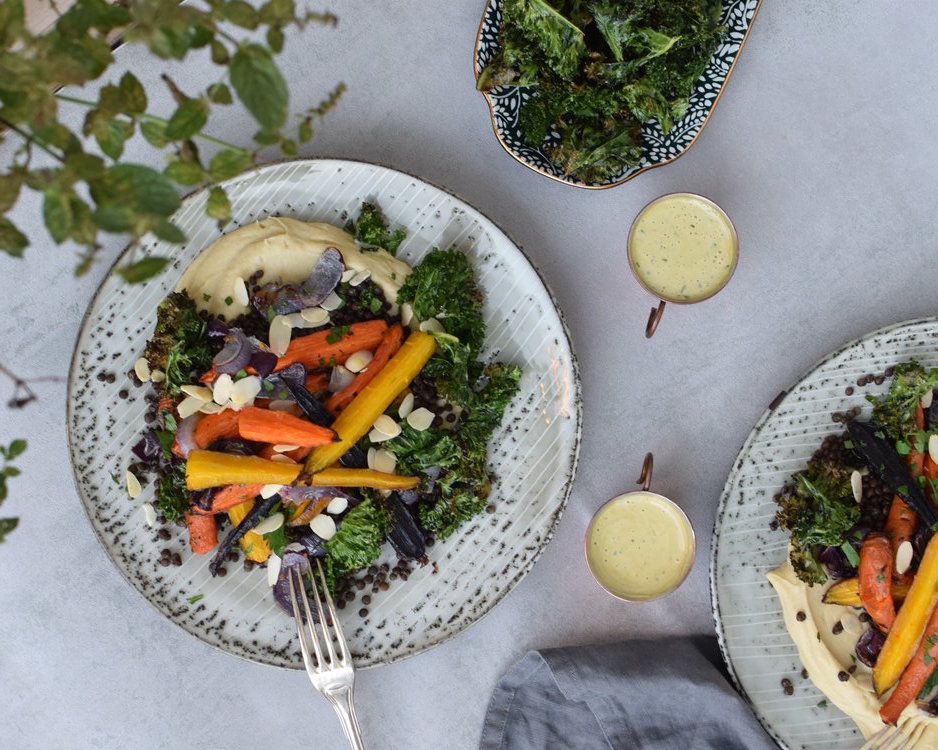
Michroma, the California-based biotech startup working to develop natural colorants from fungi, has closed a $6.4 million Seed funding round.
Michroma’s new funding was led by Supply Change Capital, a food tech VC backed by 301 INC, the corporate venture capital arm of food giant General Mills. The round also includes funding from Be8 Ventures, which is backed by food company Dr. Oetker, and CJ CheilJedang, the $23 billion Korean supplier of fermentation-based bio-products.
Sustainable food without petroleum-based ingredients
“We are poised to meet consumer demand for healthier and more sustainable food without petroleum-based ingredients,” Michroma’s CEO and Co-founder, Ricky Cassini, said in a statement. “Unlike the current generation of unstable natural options, like betalains, carminic acid, and anthocyanins, Michroma is producing better-performing natural colorants powered by fungi. This next stage of our development will help us industrialize our fungal platform and enable the world’s transition to natural colors.”
Michroma launched in 2019 with a novel red colorant it called REd+. It says the colorant is temperature resistant and stable across the entire food pH spectrum allowing it to be used in a range of processes including pasteurization and extrusion without altering the color.
Precision fermentation
Michroma says its use of precision fermentation replaces petroleum, which is used as the base ingredient for most mainstream colorants. This tech allows for a more sustainable color market. Colorants are used in a wide range of foods and beverages from snacks and candies to juice and some meat and fish. The food colorants market is valued at more than $2.6 billion.
Michroma’s tech creates “fungal biofactories” which produce small molecules, like colors, more efficiently, the company says.

The funding marks General Mills’ second investment in precision fermentation. The multinational food giant recently announced a partnership with Israel’s Remilk, which produces dairy through precision fermentation. General Mills first launched Bold Cultr, a cheese made from Perfect Day’s precision fermentation whey in 2021.
‘The power and versatility of filamentous fungi’
“We are leveraging the power and versatility of filamentous fungi with our synbio platform. By combining a unique fungal chassis strain with precision fermentation, we are capable of producing high-value complex molecules with high yields previously unseen in the biotech industry,” said Michroma’s CSO and Co-Founder, Dr. Mauricio Braia.
“We see compelling market and consumer potential for Michroma’s fungal platform to create next-generation natural ingredients, from colorants to flavors, that are healthier and more sustainable while maximizing production efficiency,” said Noramay Cadena, Supply Change Capital’s Managing Director and Michroma Board Member.

“We are excited by the speed and skill with which they are building out their capabilities. Even more so, in light of the current disruption of supply chains globally, we believe Michroma is laying the foundation for the sustainable ingredients of the future,” Cadena said.
Michroma’s tech also addresses concerns about the safety of artificial colors. The company points to Nielsen data that shows 92 percent of consumers are concerned about artificial colors. Products that contain Yellow 6 and Red 40 must include warning labels in the E.U. and are banned in some countries including Norway and Austria because of the connection to some health issues in children including neurobehavioral issues. U.S. regulators have been considerably laxer on warnings and bans on artificial colors, despite consumer interest in safer ingredients.
The post General Mills Backs $6.4 Million Seed Round for Food Coloring Made From Fungi appeared first on Green Queen.
This post was originally published on Green Queen.
